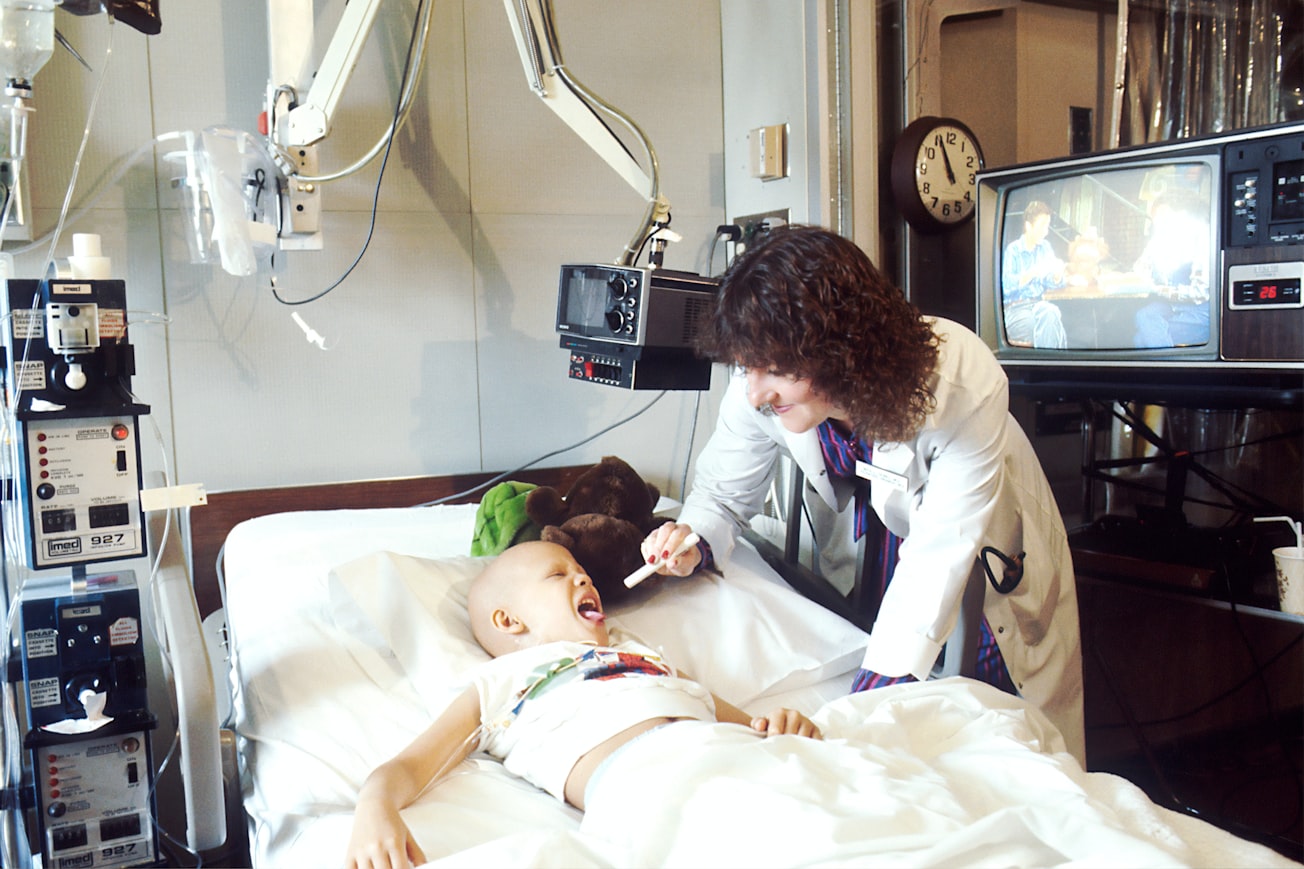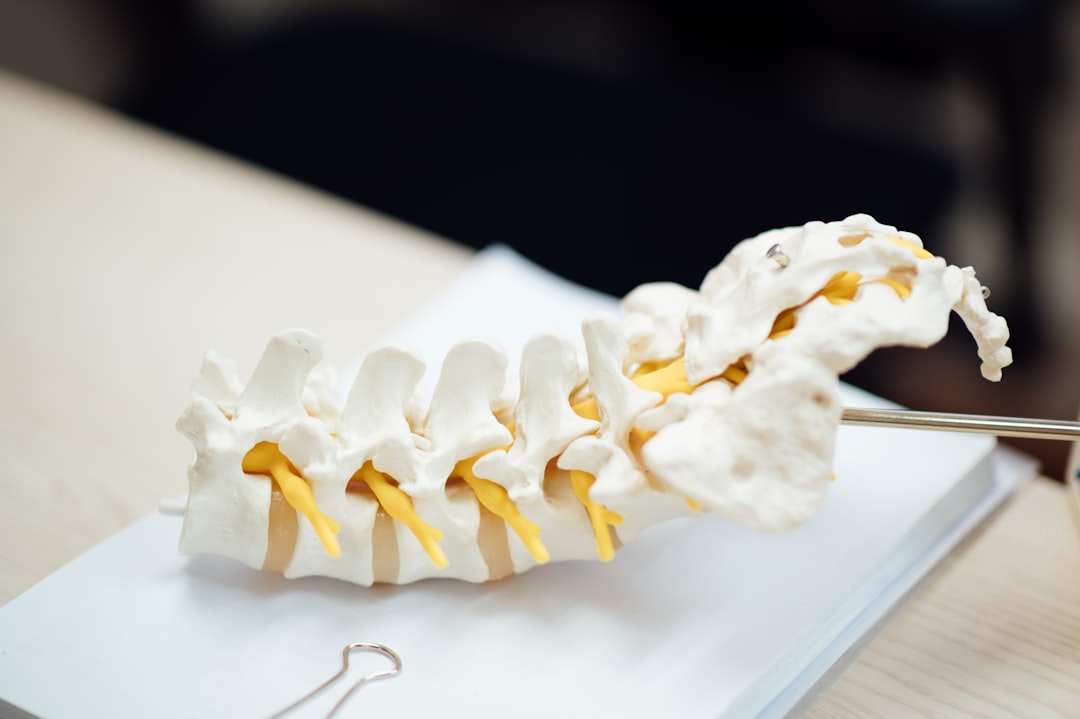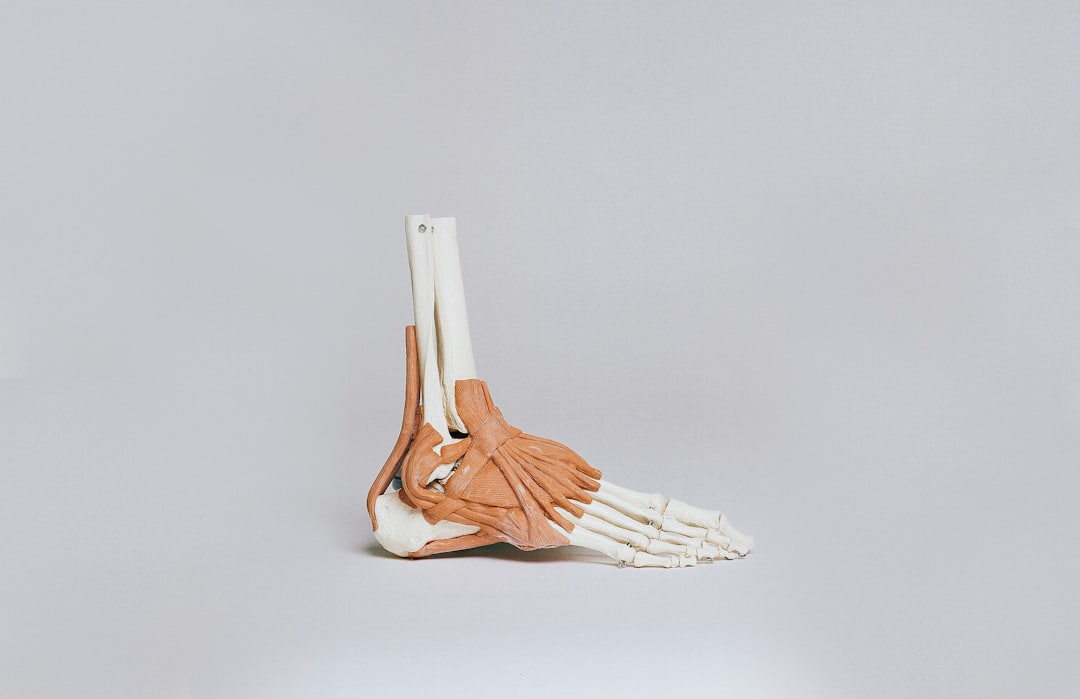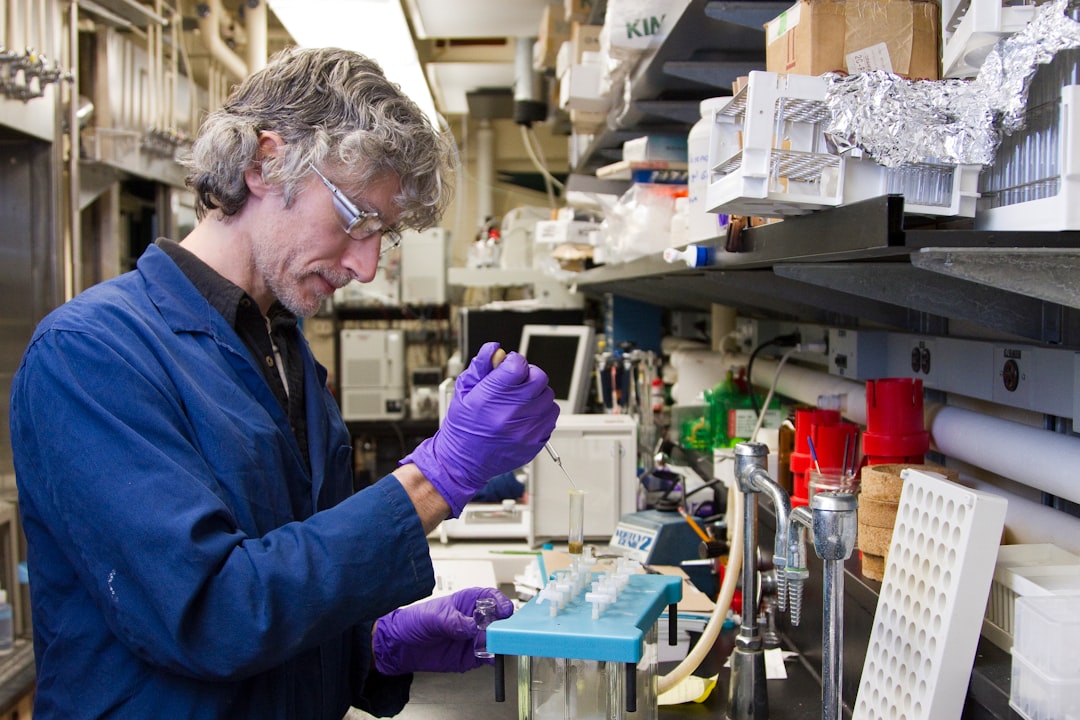What is it about?
This paper summarises research over the last five years in improving the way we try to stop, or treat, serious infections in children undergoing treatment for cancers. It covers treating most appropriately, and stopping treatment as soon as possible.
Featured Image

Photo by National Cancer Institute on Unsplash
Why is it important?
The treatment of cancers in childhood is often very intensive, with chemotherapy with reduces the ability of the immune system to fight infection. A variety of ways of trying to prevent this have been attempted, including making sure all food is 'bug free', modifying the microbes in the gut (with 'friendly bacteria'), using preventative antibiotics or stimulating the bone marrow to make more white blood cells to fight germs. Of these approaches, 'bug free' foods have been shown to be unhelpful, as has the approach of stimulating the bone marrow. Preventative antibiotics might well have a role for some children; the jury is still out on friendly bacteria. Treatment of suspected severe bacterial infection benefits from the use of targeted antibiotics delivered quickly, and then stopped if an infection is unlikely. Rules to determine who can stop and when have been developed, but need testing and improving to apply to a larger number of children. The treatment of invasive fungal infections; moulds like you find on bread, or yeasts, growing inside the body in lungs, liver or spleen, rather than just on the surface like the mouth or genital area / nappy rash, is very difficult. Newer drugs and better approaches at starting and stopping have been tested and hits found to improve outcomes but with different side effects.
Perspectives
As the anti-cancer side of treatment improves the outcomes for many cancers of childhood, we need to focus on reducing deaths from infection and the unpleasant consequences of surviving them. This work is ongoing but advances are being made.
Bob Phillips
University of York
Read the Original
This page is a summary of: Recent advances in the prevention and management of infections in children undergoing treatment for cancer, F1000Research, November 2019, Faculty of 1000, Ltd.,
DOI: 10.12688/f1000research.19337.1.
You can read the full text:
Resources
Contributors
The following have contributed to this page










